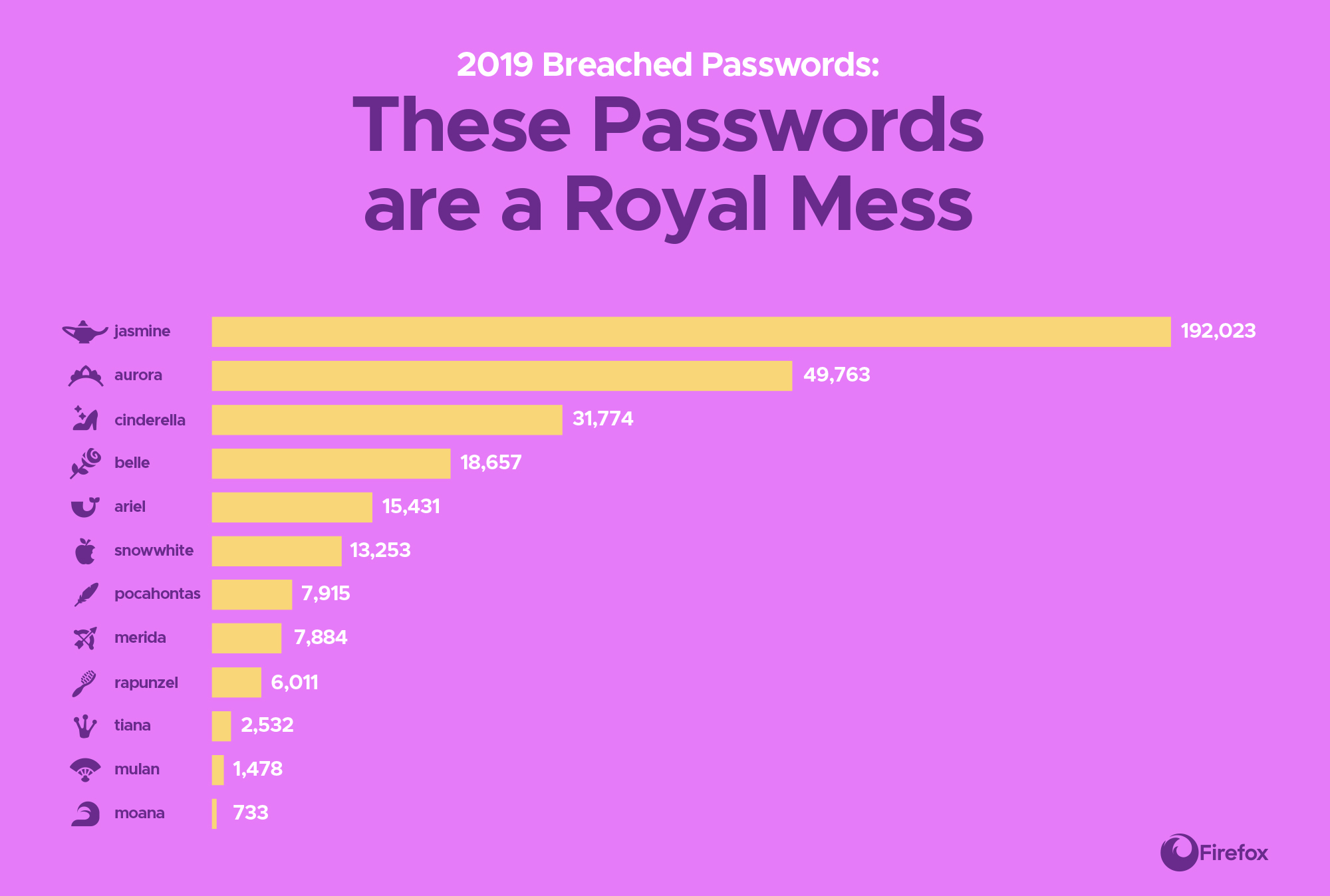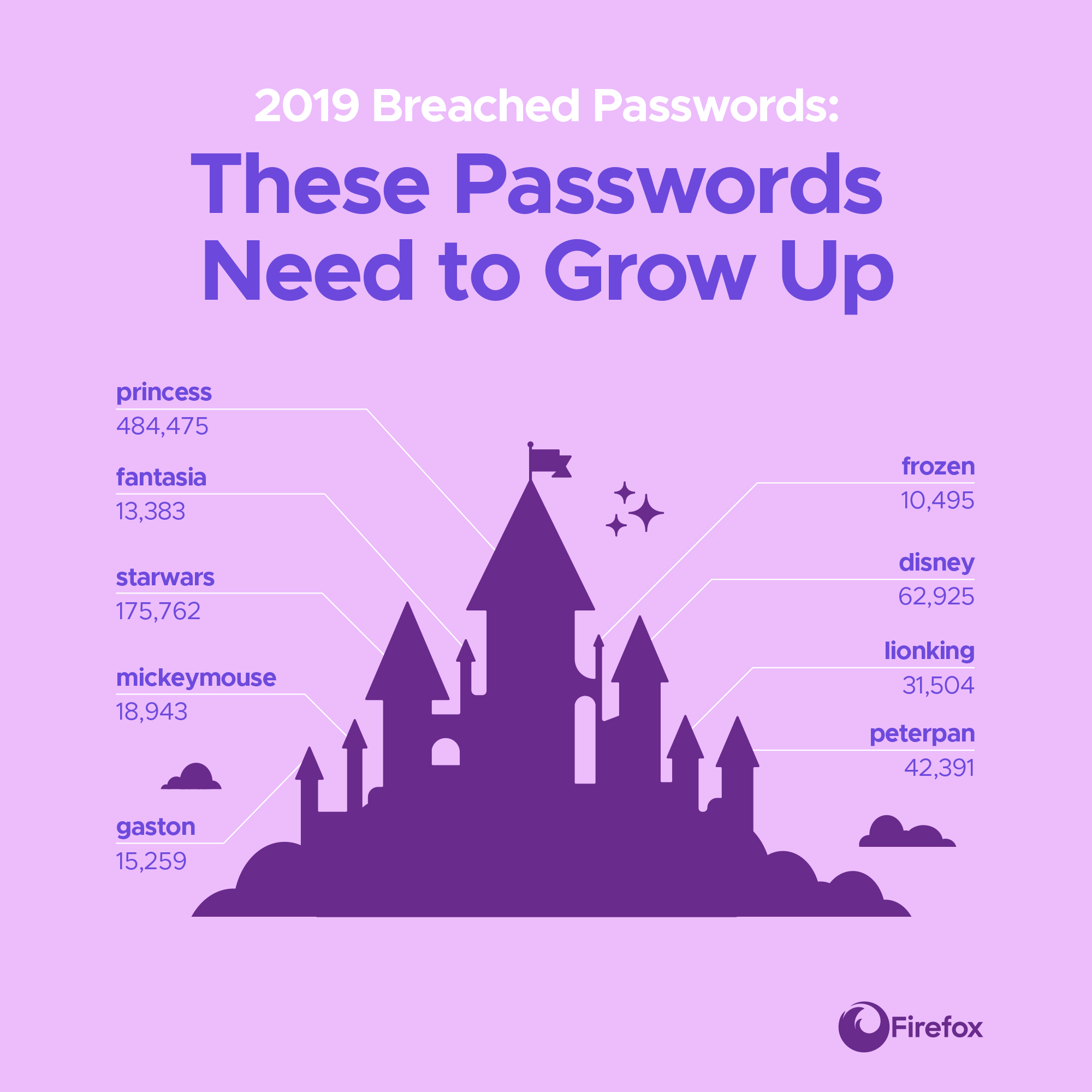This past weekend, the board of the organization that is selling the rights to .org, and which will likely make $1bn or more from the sale, the Internet Society, met. On both the Saturday and Sunday, the proposed sale was a key topic of conversation. It has just to provide any details on what was discussed or decided.
The same cannot be said for those opposed to the deal.
One of the earliest indicators that the deal was going to meet a very different response from the internet community than the Internet Society (ISOC) expected came in the form of an article written by one person who has set up and run their own registry.
Co-founder of the .eco top-level domain Jacob Malthouse wrote an impassioned plea online that began, “I woke up this morning feeling a profound sense of loss.” An environmental campaigner as well as a former staffer of ICANN, Malthouse compared the sale of the .org registry to the paving over of forests.
The proudly non-profit .org registry, that had for years sold its domains for just $1 to non-profits in developing countries, is “our Yosemite,” Malthouse opined, referring to America’s world-famous national park. In selling it to a for-profit private equity firm, he argued, “we’ve lost more than a digital Yosemite. We’ve lost our principles. We can do better. The millions of nonprofits who rely on .org deserve better.”
That sentiment was quickly echoed in the broader internet industry community, which, even in the era of Twitter, Facebook and Instagram, continues to rely on mailing lists as its main form of communication.
Both ICANN and ISOC are member-based organizations and, theoretically at least, give as an equal voice to ordinary netizens as to the corporations that make billions a year from the sale and resale of internet addresses.
[…]
As we reported last week, the situation is especially fraught due to two additional factors. The first is that the offer to sell the rights to .org only came about because ICANN had approved the lifting of longstanding price caps on .org domains just months earlier.
The price of .org domains has been limited to an increase of 10 per cent per year since it was first handed over to the non-profit PIR in 2003. The request to remove those price caps entirely received an extraordinary response – more than 3,200 comments in a process that rarely elicits more than 50 – and a stark 98 per cent of those comments were opposed to the idea.
Approved
And yet ICANN approved the change, along with a 10-year contract extension, in an unannounced staff decision that some called a “sham” and others claimed was a sign that the organization was subject to regulatory capture.
Then came the news that ISOC had decided to sell the registry to Ethos Capital, an unknown private equity firm that had been established only months earlier.
That is where the second factor comes in. It quickly became apparent that Ethos Capital was likely the brainchild of a former CEO of ICANN, Fadi Chehade, who had been largely responsible for pushing free-market economics into the internet registry market and now appeared to be using that knowledge to profit from one of its oldest institutions.
[…]
who is funding the purchase of .org? – has been a key one. And in response to repeat questions from his community, the CEO of ISOC Andrew Sullivan provided an answer on a closed ISOC members mailing list.
The response shocked as many people as the initial sale announcement: the bulk of the money would come from the investment vehicles of renowned US Republican billionaires: Perot Holdings, tied to former presidential candidate Ross Perot; FMR LLC, closely associated with the Johnson family, one of the Republican Party’s biggest backers; and Solamere Capital, tied to Republican senator Mitt Romney.
Everything must go
To some, the fact that the .org registry was being sold to the richest men in the United States who would then profit from non-profit organizations was doubly insulting.
After its board meeting ended on Sunday, ISOC published an information website about the sale on a separate website: Key Points About.org.
The site contains two pieces of information that has not previously been shared with The Register and the community: the connection between former ICANN CEO Chehade and Ethos Capital, and a support quote from ISOC president, former ICANN chair and revered internet figure Vint Cerf.
[…]
Asked on the ISOC members list about the risks of .org domain holders facing domains as much as $60 a year, Cerf surprised many when he responded: “Hard to imagine that $60/year would be a deal breaker for even small non-profits.”
Trust and wealth
That comment prompted Malthouse to point out that $60 is the equivalent of two weeks’ wages in sub-Sahara Africa, where a large number of non-profits rely on their internet presence for awareness of their efforts.
[…]
A coalition of 27 high-profile non-profits, including the Electronic Frontier Foundation (EFF), National Council of Nonprofits, YMCA, Free Software Foundation (FSF), Girls Scouts of the USA, Internet Archive, and Wikimedia Foundation, have signed a letter to ICANN urging it to stop the sale and launched a petition site that, at the time of writing, has over 7,000 supporters,
The letter warns that the sale could “do significant harm to the global NGO sector,” and that Ethos Capital “has not earned the trust of the NGO community.”
While the idea of “trust” may seem unusual in the context of internet addresses, it also underscores the growing anger being directed at those on the boards of both ICANN and ISOC that the internet community feels are supposed to protect ordinary users from the profit-making imperatives of large corporations and corporate raiders.


